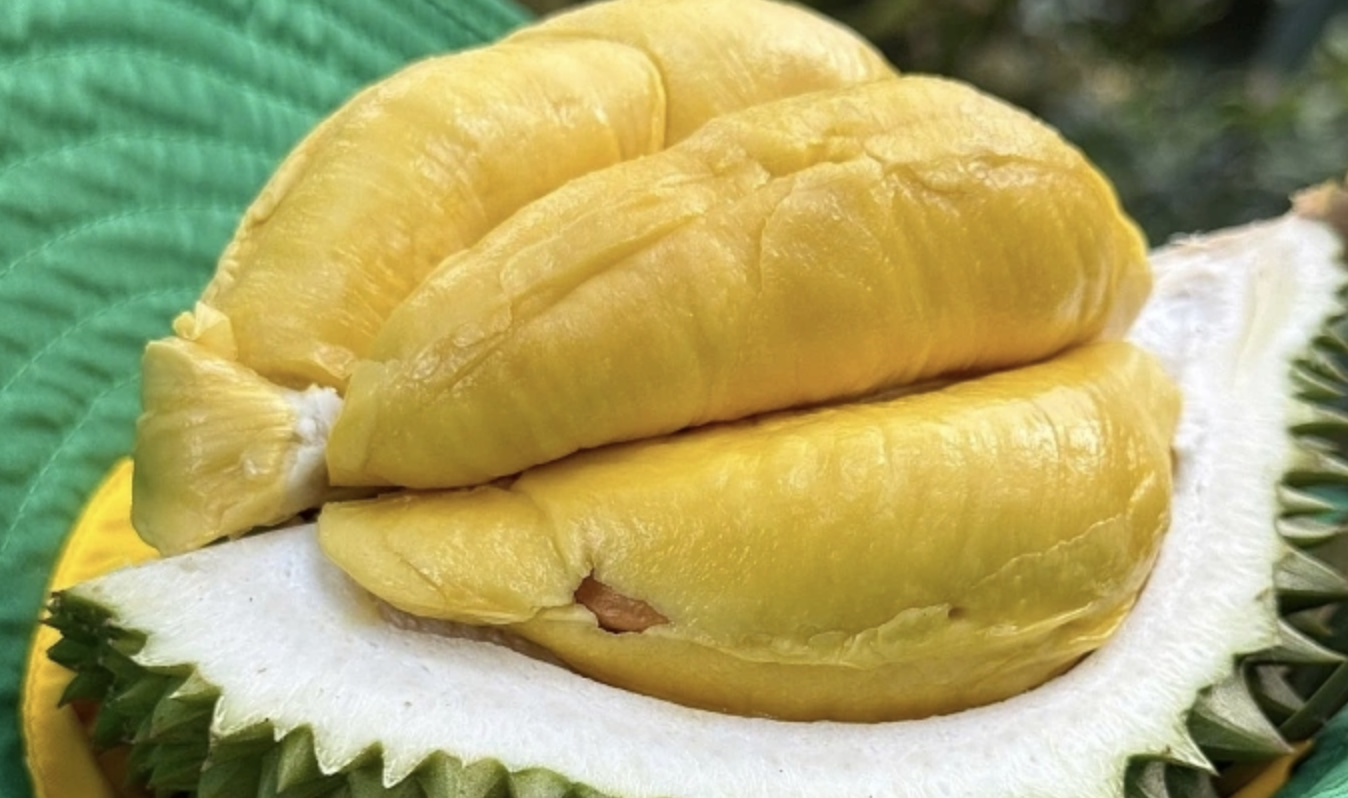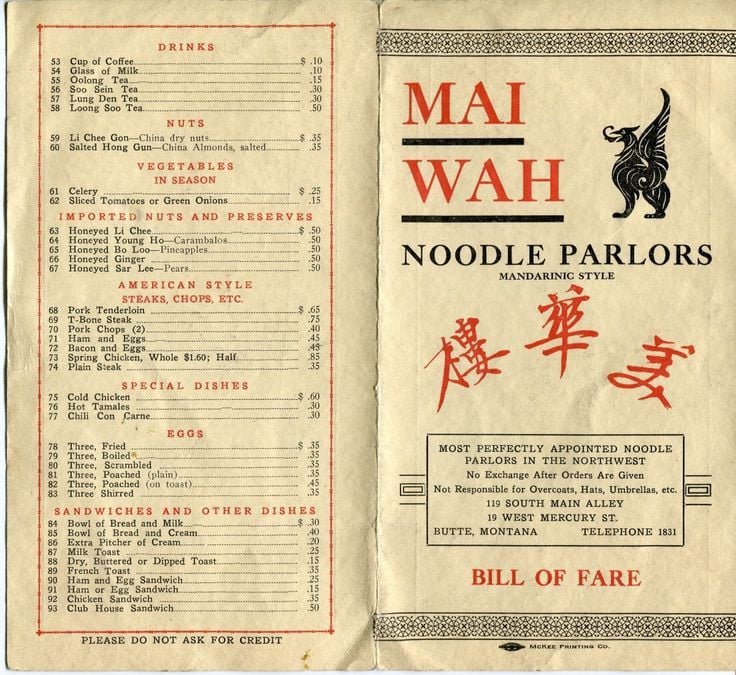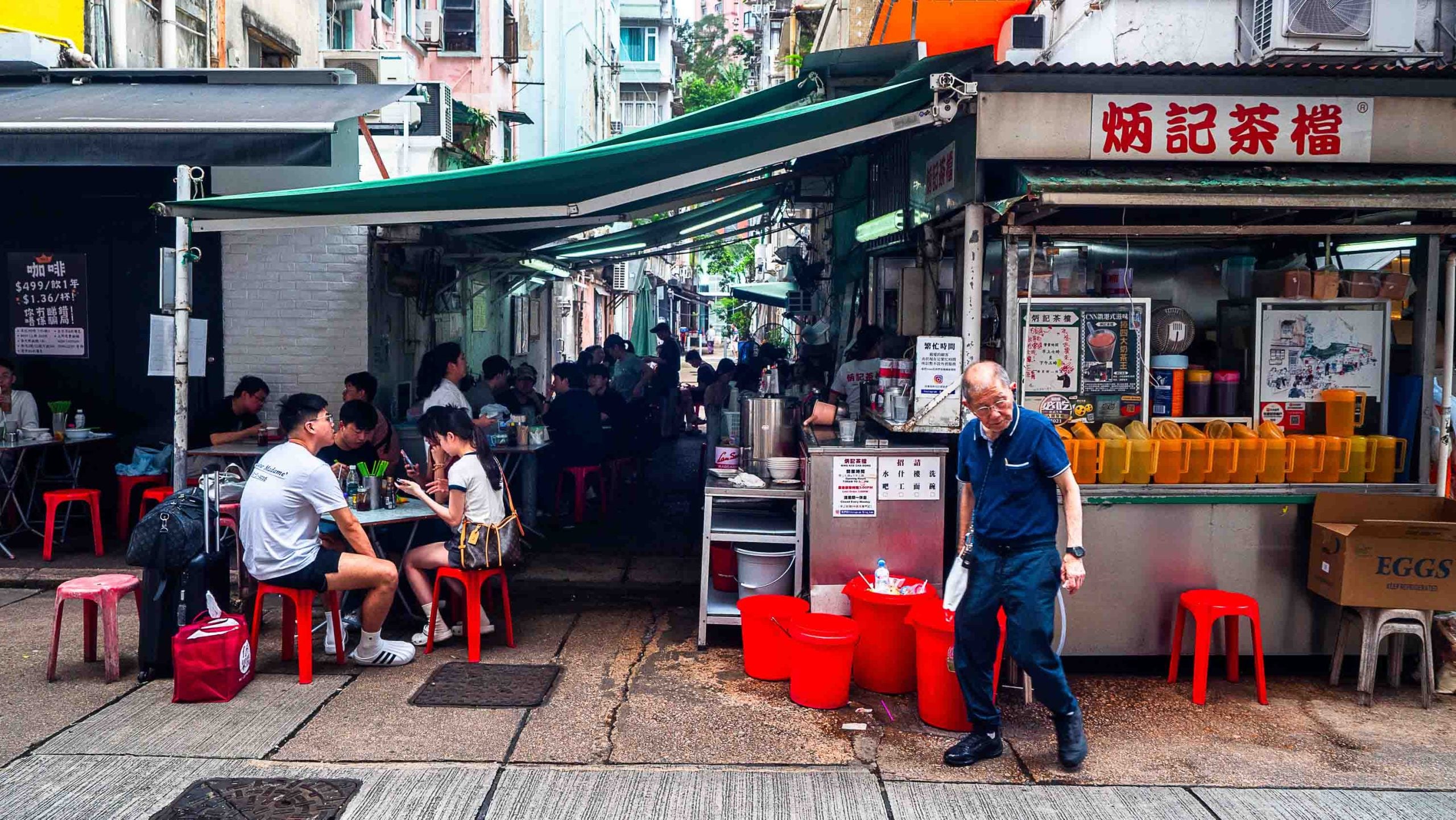Young China Plates is a monthly series in which we digest the latest food and drink trends making young Chinese people’s mouths water. Drop us a line if you have a suggestion.
China’s alcohol intake has been increasing over the past 30 years and is estimated to reach 10 liters per capita by 2030, surpassing the US.
Though China’s most famous liquor baijiu is reportedly the most-consumed spirit globally, 60.3% of young people in China aren’t interested in drinking it, “mainly because of its bad taste, [the] limited occasion of drinking, and its old-fashion image,” according to Daxue Consulting.
Instead, young drinkers are shifting from traditional Chinese liquors to imported spirits, low-alcohol drinks, and other creative options. They’re also more critical of the drinking habits of their elders.
Boozy Infamy
China’s workplace drinking culture has recently come under fire after a female employee at Chinese ecommerce giant Alibaba reported her boss for sexual assault and rape.
The woman stated in her detailed account that she had been asked to drink at dinner and was sexually assaulted by her manager and a client during a business trip in late July. In response to the scandal, Alibaba fired the male employee, and police launched an investigation — though a Shandong court recently released him.
And roughly a year ago, a new hire at a state-owned bank in Beijing was slapped in the face after refusing to drink alcohol with executives at a dinner party.
Related:
 Alibaba Fires Male Employee Over Rape AllegationNetizens are furious about the alleged incident and the slow reaction by the company. Some are also questioning China’s workplace drinking cultureArticle Aug 09, 2021
Alibaba Fires Male Employee Over Rape AllegationNetizens are furious about the alleged incident and the slow reaction by the company. Some are also questioning China’s workplace drinking cultureArticle Aug 09, 2021
The two incidents both went viral on Chinese social media and prompted many to reflect on China’s drinking culture in the workplace. A hashtag related to business drinking culture has accumulated 500 million views on China’s Twitter-like Weibo.
Chinese businessmen often build rapport and make dinner deals while drinking ‘China’s national spirit,’ baijiu. This clear alcohol, usually distilled from fermented sorghum or other grains, typically comes between 35% and 60% alcohol by volume (ABV).
Young employees are expected to give toasts to their superiors and clients. In turn, seniors tend to encourage or even force subordinates to drink to show respect and hospitality.
OK … so since I’ve done plenty of drinking dinners in China for business in various cities … it’s obviously not always out of control, but it can bc goal is to get other side to feel respected. Chinese drinking culture is all about toasting & saying appreciative things.
— Rui Ma 马睿 (@ruima) August 11, 2021
This practice is believed to be an old custom left from the patriarchal society of ancient China. Banquets in imperial China, which were considered social and political events, often lasted hours or even days. People entertained and interacted with each other by toasting and saying appreciative things.
This convention continues to be a coercive force for politics and business and is still commonly seen in modern times. But China’s drinking culture is so much more than baijiu and getting drunk at business dinners.
Beyond Baijiu
In fact, baijiu didn’t become widely consumed across the country until the 1950s.
Huangjiu (黄酒 ‘yellow wine’), the less famous cousin of baijiu, was invented more than 2,500 years ago in today’s Luoyang area, one of the cradles of Chinese civilization. It’s arguably one of the most ancient spirits globally, while baijiu traces its history back roughly 700 years.
Unlike baijiu, which is distilled, huangjiu is brewed. As a result of its production method, it has a mellow and sweet taste, and it is still used for Chinese cooking today.
Because it’s made from cereal grains such as rice, wheat, or millet, many huangjiu production bases closed down during the ’50s due to low grain production. Baijiu producers, on the other hand, took advantage of the opportunity provided by the grain shortage to step into the spotlight. This spirit has since gone on to dominate the market.
Related:
 Chinese Takeout: Cooking with the King of Chinese WineDon’t expect to get drunk on dishes made with this fermented wineArticle Jul 16, 2020
Chinese Takeout: Cooking with the King of Chinese WineDon’t expect to get drunk on dishes made with this fermented wineArticle Jul 16, 2020
Thousands of years of alcohol consumption have had a profound impact on traditional Chinese culture and literature. Many poems, songs, and calligraphy works were inspired by alcohol, mainly huangjiu, or even dedicated to the intoxicant.
“Wine plays the paradoxical role of intoxicator and facilitator of artistic imagination, ‘awakening’ drinkers to their optimum creative moments,” writes Professor Da’an Pan in a research paper. Pan is a world literature professor at California State Polytechnic University.
“For many Chinese scholars, to be intoxicated is to be inspired,” he adds.
The Young and Casual Tippler
Kiki Feng, 23, a Beijing-based copywriter at a tech company, likes to have a drink when she’s writing at home.
“I enjoy the pleasure of drinking, especially when I’m stressed and want to get out of the situation,” she says. “With my cat and a glass of liquor next to me, I feel that I’m an adult with a sense of ceremony.”

Kiki Feng likes to relax with a drink when she’s writing at home. Image courtesy of Kiki Feng
Feng only drinks low-alcohol spirits, though, as she is allergic to alcohol. She is particularly enthusiastic about osmanthus-flavored beverages.
Her fondness for low-alcohol drinks made her create a community group on the Chinese social media platform Douban in the hopes of connecting with other light drinkers. In just three months, the group has attracted more than 6,300 members.
“People like to share in the group. Everyone is nice and warmhearted, but also amateurs,” says Feng, who adds that she plans to invite her bartender friend to share tips for picking, mixing, and tasting spirits in the group. “We drink not for social needs, but for self-pleasure.”
With more young people drawn to health fads, a new lifestyle, dubbed ‘punk health,’ or pengke yangsheng (朋克养生) in Mandarin, has emerged. They try to offset unhealthy lifestyles with health hacks, for example, opting for low-alcohol and sugar-free alcoholic drinks.
Related:
 Sleep No More: Why Tired Chinese Youth are Going Punk to Tackle Their Sleep ProblemsHaving sleep problems? So are 300 million people in ChinaArticle Mar 19, 2021
Sleep No More: Why Tired Chinese Youth are Going Punk to Tackle Their Sleep ProblemsHaving sleep problems? So are 300 million people in ChinaArticle Mar 19, 2021
In observing the increasing demand for healthier alcoholic beverages, Eric Hoang co-founded ZEYA Hard Seltzer last year, offering four fruity flavors of sugar-free and gluten-free spiked seltzers with 4.5% ABV. Hoang says he hopes to create a “zero-pressure world.”
“Everything we do is trying to promote a more stress-free lifestyle for young people,” he says. “So they can have a more casual and healthier approach to consuming alcoholic and nonalcoholic beverages.”

Eric Hoang co-founded ZEYA Hard Seltzer in 2020. Image via ZEYA
Creative Fusion Drinks
As China’s alcoholic beverage market is expanding, a growing number of Chinese youth favor international liquors and innovative products, data shows.
“One reason for this, I think, is the advance of globalization,” says Rio Liu, 36, co-founder and Asia sales director for Peddlers Gin Company. “With the rapid development of China’s economy, a growing set of more sophisticated and discerning consumers are looking for brands that offer better quality and taste.”
As China’s first craft gin brand, Liu says that Peddlers tries to showcase Chinese ingredients and cultural heritage to the world by combining their core gin with local ingredients such as Sichuan pepper, Buddha’s hand, and hawthorn.
“Customers are increasingly looking for more local products with interesting stories,” he adds. “We’ve always focused on making flavor-forward craft products for more discerning, sophisticated, and adventurous drinkers.”
Related:
 Meet the Craft Gin Makers Hoping Local Ingredients Will Convert a New Generation of Chinese DrinkersCraft gin may never truly compete with baijiu in China, but a focus on local botanics is making for some interesting new offeringsArticle Apr 09, 2021
Meet the Craft Gin Makers Hoping Local Ingredients Will Convert a New Generation of Chinese DrinkersCraft gin may never truly compete with baijiu in China, but a focus on local botanics is making for some interesting new offeringsArticle Apr 09, 2021
Danny Liu, 34, a Beijing-based brand operations manager, is an adventurous drinker who has been making infused liquors at her home for three years.
“The process of alcohol infusion is like an experiment,” she says. “The booze won’t be ready until three months or even more than half a year later. The long wait has almost become a ritual.”
Liu has experimented with multiple base liquors such as soju, baijiu, brandy, and whiskey, combining them with green plums, bayberries, hawthorns, and peaches.
She says that the ones that use stronger base spirits require a longer infusion time and generate more fragrance and deeper color.

Danny Liu has been creating plum-alcohol infusions at home for three years. Image courtesy of Danny Liu
She’s been posting her beverage-making experiences over the past three years on Douban where the topic of home-based alcohol production has garnered more than 6 million views.
Liu has made a few online friends who also enjoy casual drinking, and some of them infuse fruit in alcohol as well.
Encouraged by her friends, she started selling her boozy creations this year as a passion project.
“Making and drinking plum-alcohol infusions has gradually become a hobby and habit of mine. I usually grab a drink when I’m in a good mood or when I have dinner with my friends,” Liu says. “In my opinion, drinking alone is to please myself, and drinking with friends is to share happiness.”
Cover photo courtesy of Danny Liu


















